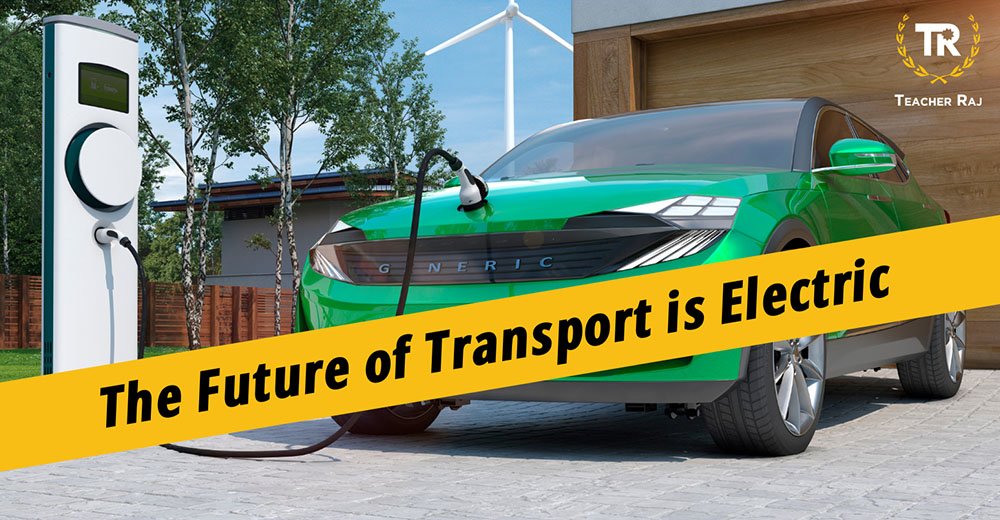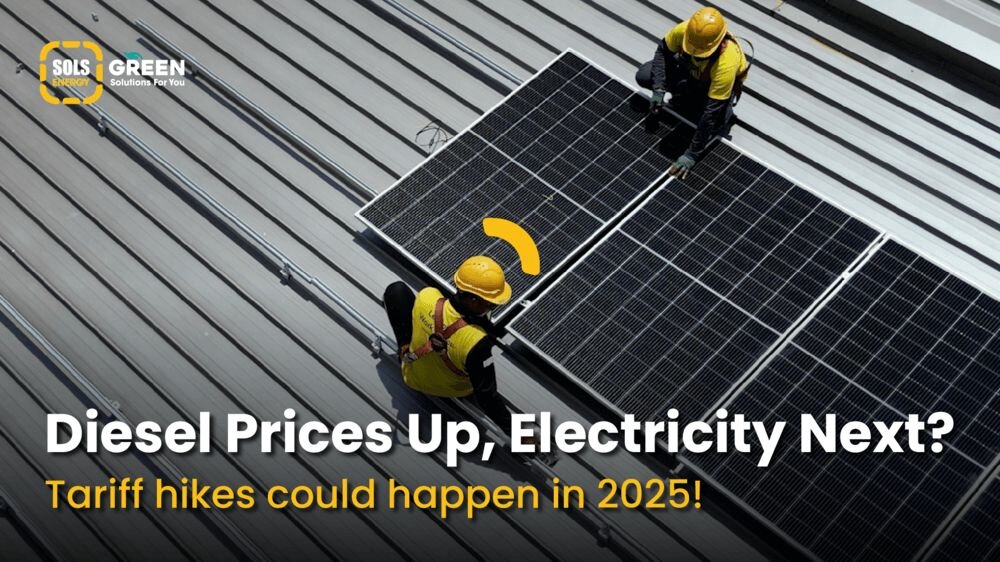Electric Vehicles vs Conventional Vehicles

Transportation is a major cause of greenhouse gas emissions. Vehicles on land, sea, and air – use fossil fuels to function. The global number of cars on the road are set to double by 2040 to two billion; at present road transport contributes 74% of CO2 emissions from all transport sources.
As we face a looming climate crisis head on, it’s only common sense that transportation also needs a transformation. Something that we can, and should, expect to see in the near future, is the electrification of vehicles.
Electric vehicles (EVs) are not new to the scene. They have been around. However, they have yet to take the world by storm – as of 2020, EVs accounted for only 6% of global automotive sales. But that is projected to grow to 22% by 2030. At COP26 in 2021, 6 major automakers and 30 countries agreed to phase out gas-powered vehicles by 2040.
We can expect people to move towards greener cars as countries implement measures to reduce carbon emissions, charging infrastructures are improved, and the cost of the cars go down over time. The younger generation, with their awareness of environmentally better alternatives and sustainable lifestyles, will also offer a boost. Perhaps it will be like the avocado, but with wheels.
Other modes of transportation are also going green, such as e-scooters and electric trucks. And while most of the world is beginning to catch up on green transportation, Norway has been running electric car ferries since 2015, and aims to run an all-electric fleet by 2023.
Let Us Customize Your Solar
Fill in this form to claim your Free Power Study worth RM499.











